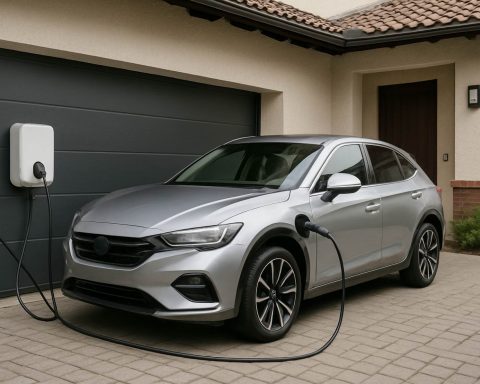
AI Agents, Workforce Transformation & Global Policy: Insights from the Latest Industry Report
Unveiling the New Era of AI: Agentic Systems, Workforce Disruption, and the Shifting Landscape of Global Governance Current State and Dynamics of the Artificial


















